As dogs get older, their health starts to change in many ways. One of the areas most affected is dental health. Among senior dogs, gingivitis is one of the most common issues. If left untreated, it can progress into periodontal disease, which doesn’t just affect the teeth and gums but can also impact the overall health of your dog’s body.
In this blog, we’ll cover everything you need to know about gingivitis in senior dogs — its causes, symptoms, treatment, prevention, natural remedies, and the best care tips.
What is Gingivitis in Senior Dogs?
Gingivitis is a dental disease where your dog’s gums become red, swollen, and painful. Senior dogs are more prone to this problem because:
- Their immune system weakens with age
- Oral hygiene isn’t always consistent
- Dietary habits often change as they grow older
Difference Between Tartar and Gingivitis in Senior Dogs
Many dog parents confuse tartar and gingivitis, but they’re not the same:
- Tartar: The hard yellow/brown buildup on teeth
- Gingivitis: Gum inflammation caused by tartar and bacteria buildup
👉 In short: Tartar is the cause, gingivitis is the result.
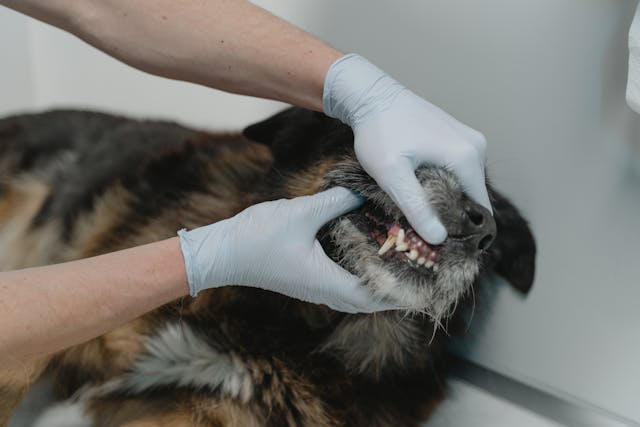
Causes of Gingivitis in Senior Dogs
- Plaque and tartar buildup
- Reduced saliva production with age
- Soft food diets (don’t clean teeth well)
- Weak immune system
- Poor dental care routine
- Frequent infections or chronic health conditions
Symptoms of Gingivitis in Senior Dogs
Watch for these signs in your senior dog:
- Red, swollen gums
- Bad breath
- Refusal to eat or chewing on one side
- Pain or bleeding while chewing
- Pawing at the mouth frequently
- Irritability or reduced activity levels
How Gingivitis Progresses in Senior Dogs
- Plaque starts forming on teeth
- Plaque hardens into tartar
- Tartar irritates the gums
- Gums swell and become painful → gingivitis
- If untreated → periodontal disease (severe stage)
Health Risks if Gingivitis is Ignored
Untreated gingivitis can lead to serious health issues:
- Loose or lost teeth
- Gum recession
- Spread of infection
- Damage to kidneys, liver, or heart (as bacteria enter the bloodstream)
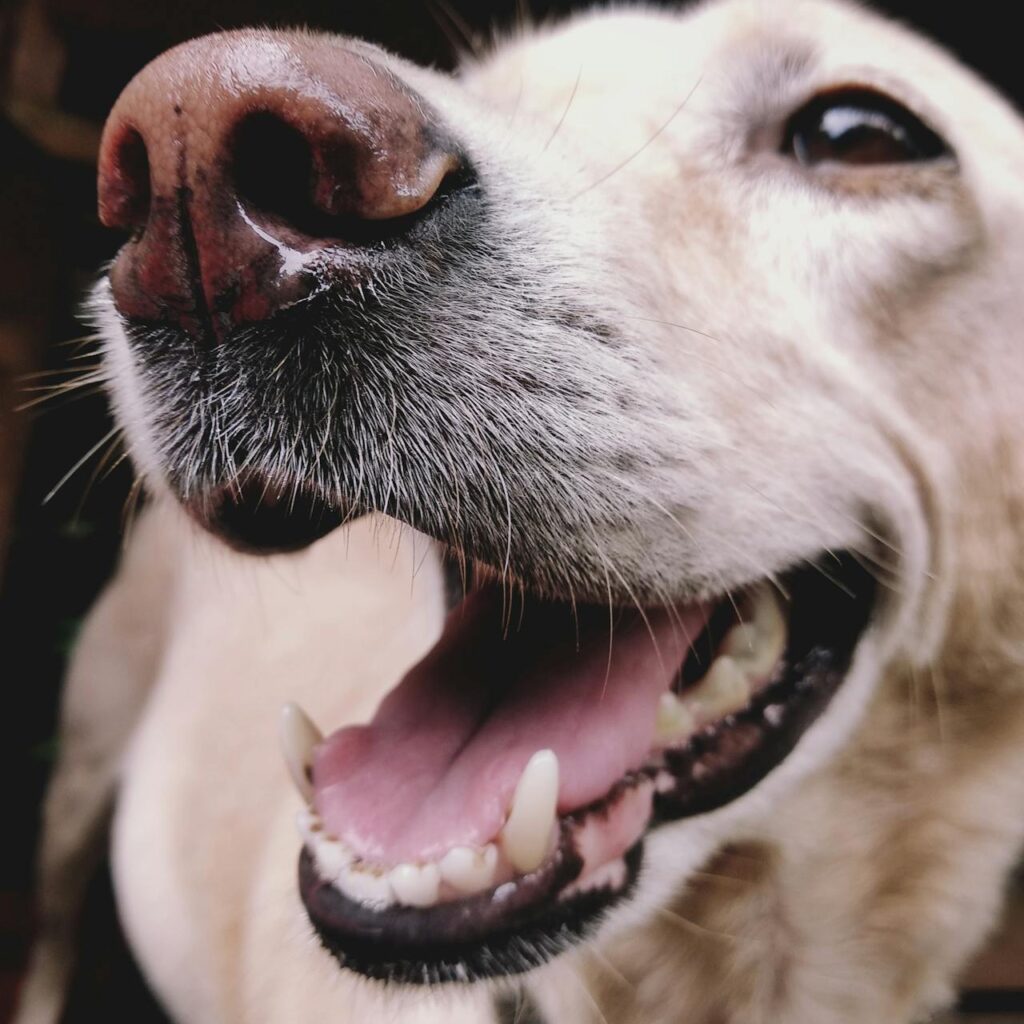
Diagnosis of Gingivitis in Senior Dogs
Veterinarians may use:
- Visual exams (checking teeth and gums)
- Dental X-rays
- Blood tests (to check for systemic infection)
Treatment for Gingivitis in Senior Dogs
1. Professional Veterinary Care
- Dental cleaning (scaling & polishing) under anesthesia
- Antibiotics to fight infection
- Pain relief meds to reduce inflammation
- Tooth extraction in advanced cases
2. Home Care Remedies
- Regular brushing with dog-safe toothpaste
- Dental chews
- Dry kibble instead of only soft food
- Water additives for oral hygiene
- Vet-approved natural antibacterial gels or coconut oil
Prevention of Gingivitis in Senior Dogs
“Prevention is always better than cure.” For senior dogs:
- Brush teeth at least 3 times a week
- Schedule annual dental check-ups
- Feed a balanced diet with crunchy food options
- Provide dental toys and chews
- Ensure access to clean drinking water
- Monitor signs like bad breath or bleeding gums
Natural Remedies for Gingivitis in Senior Dogs
If you prefer natural options (always consult your vet first):
- Coconut oil (antibacterial) applied on gums
- Aloe vera gel (soothing effect)
- Herbal mouth rinses (vet-approved only)
- Turmeric paste in small amounts for gum health
Best Dental Products for Senior Dogs
- Dog toothbrush & toothpaste
- Dental chews and sticks
- Oral rinses
- Dental gels & sprays
- Specialized senior dog food for dental health
Why Dental Care is So Important for Senior Dogs
- Good dental health = better digestion
- Less pain and more comfort
- Prevents heart, kidney, and liver infections
- Improves overall life expectancy
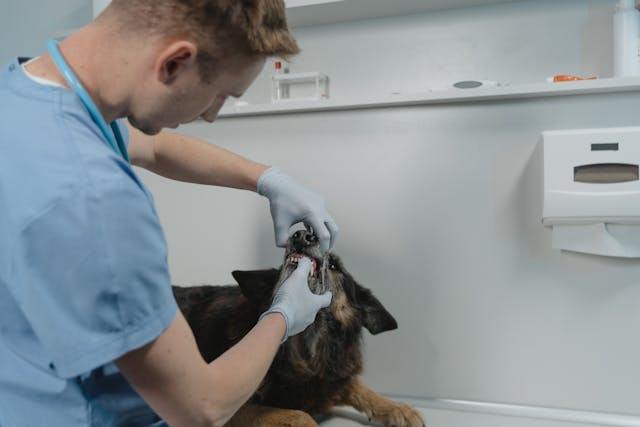
FAQs on Gingivitis in Senior Dogs
Q1. Is gingivitis common in senior dogs?
👉 Yes. Nearly 80% of senior dogs develop some form of dental disease.
Q2. Can gingivitis be fully cured?
👉 Yes, if caught early. Professional cleaning and routine care can reverse it.
Q3. Can brushing prevent gingivitis?
👉 Absolutely! Brushing is the most effective prevention method.
Q4. Is anesthesia safe for senior dogs?
👉 Vets run pre-anesthetic blood tests to ensure safety. Always follow your vet’s guidance.
Conclusion
Gingivitis in senior dogs isn’t just a dental problem — it’s a whole-body health issue. Ignoring it can put your furry friend at serious risk.
👉 Always remember:
- Tartar is the cause
- Gingivitis is the result
With regular brushing, a healthy diet, dental check-ups, and early intervention, you can protect your senior dog from gingivitis and help them live a longer, healthier, and happier life.
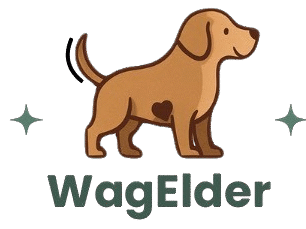
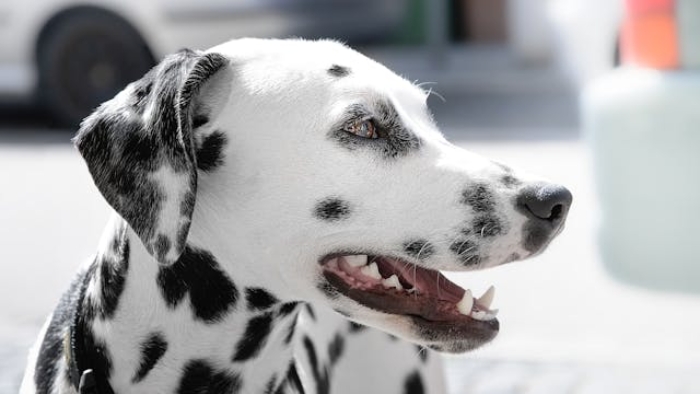
Add a Comment